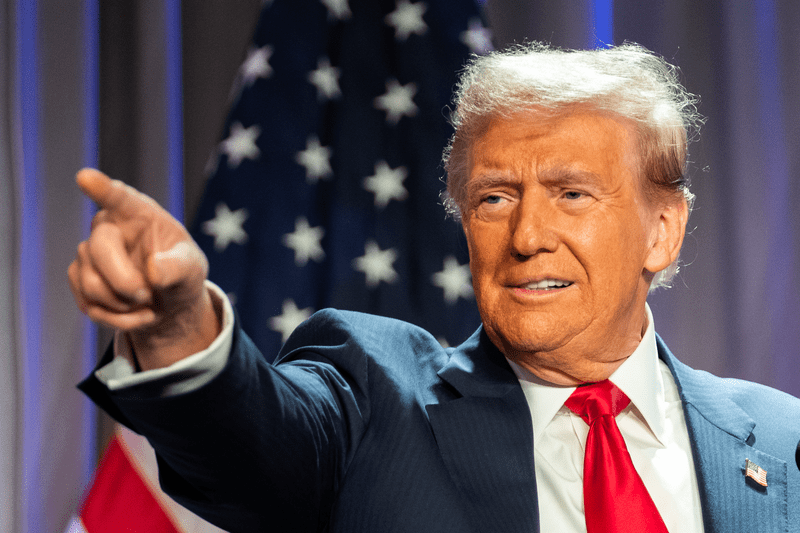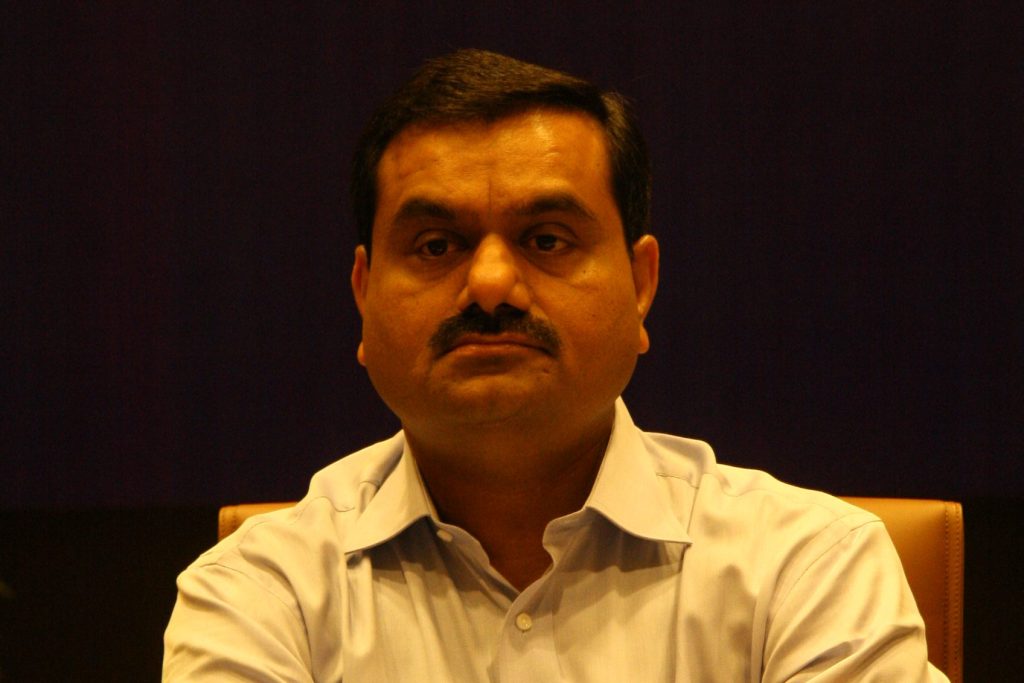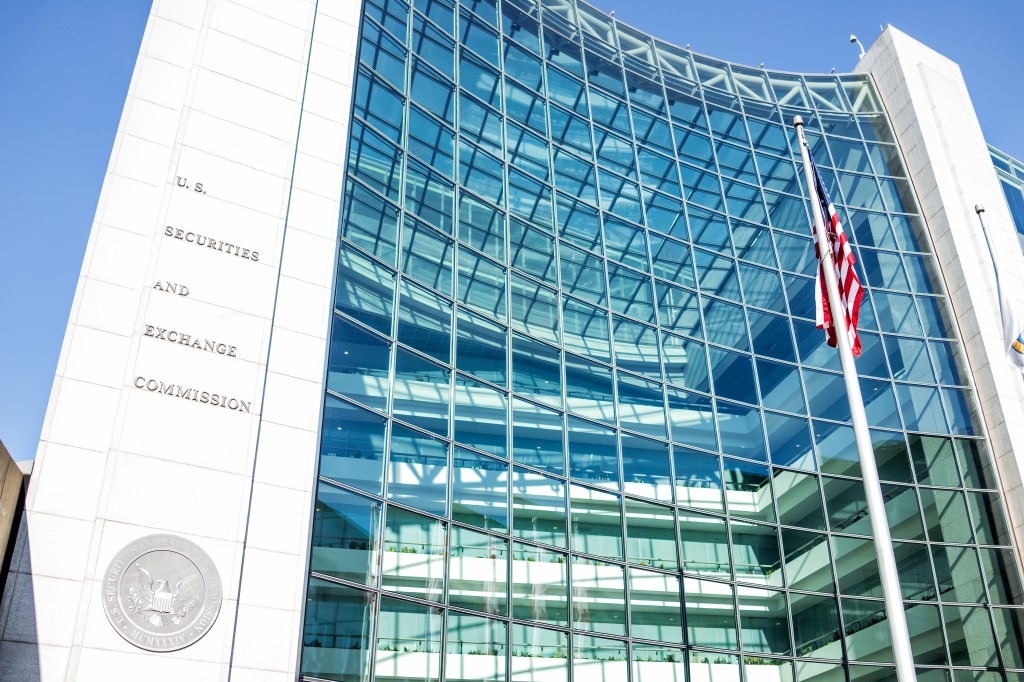Keith E Cassidy and Sanjay Wadhwa, Acting Directors of the SEC’s divisions of Examinations and Enforcement respectively, each recently delivered public remarks on the last year of agency activity. Wadhwa spoke at the Securities Enforcement Forum, and Cassidy spoke at the National Compliance Outreach Seminar, both in Washington DC.
Both acting directors highlighted the SEC’s role in bringing the securities industry into compliance, through both record-breaking enforcement actions and voluntary outreach to compliance specialists and industry participants, which included announcing examination priorities earlier.
Last fiscal year, SEC enforcement efforts involved putting the spotlight on recordkeeping and whistleblower protection violations: two persistent problems that required exigent efforts to rein in. This included leveraging over $600m in penalties against more than 70 firms, including bringing charges against municipal advisors for the first time.
But despite this, both acting directors emphasized that the agency’s ultimate goal is mutual cooperation to benefit investors and firms themselves: “Work with us and we’ll work with you,” Wadhwa said, emphasizing the value of self-reporting and cooperation.
This shared goal of protecting investors was also shared by Cassidy, who praised the role of collaboration while maintaining the importance of good policy architecture.
Change and uncertainty
In his speech, Cassidy addressed the unique compliance challenges created by recent advances in technology and distributed business models.
Cassidy further noted that the past few years of ubiquitous uncertainty—with COVID, geopolitical instability, and inflation—had created significant challenges for maintaining compliance.
But Cassidy also noted that the tech solutions to compliance issues are excellent: “When compared to the industry we examine, we are a fraction of a vast landscape and must leverage all tools at our disposal, including technology and communications to increase efficiency and effectiveness and ensure that industry professionals – such as all of you here today – are empowered to help provide the protection that investors rely and depend upon,” he said.
Self reporting
Wadhwa was positive about the fruits of the SEC’s efforts, stating that he had seen firms increasing the vigor of their self-policing, self-reporting, and remediation. He noted the recent resolution with JP Morgan as an example of how firms could benefit from their proactivity.
Wadhwa made clear that the severity of the industry-spanning fines “shone a light on how widespread noncompliance was when it came to [off-channel communications].” He also stated that ubiquity of off-channel communications was not a result of COVID, but had taken root long before.
Wadhwa also brushed off industry criticism that the SEC was not doing all that it could to clarify the way it issues penalties and cooperation credit.
“I recognize that we don’t have a formal policy that guarantees certain outcomes based on certain conduct. But based on what we’re seeing at the Division, our message is clearly being heard, and market participants and their counsel – at least those who are paying attention – are responding,” he said.
To this extent, he pointed to former Enforcement Director Gurbir Grewal’s advice to industry participants as the benchmark for guidance on how cooperative efforts are received by SEC agents.
Wadhwa also touched on his agency’s growing adherence to precedence of past judgments as enforcement cases rack up. But this statement also echoes criticism that the SEC has been “regulating through enforcement,” and does not do enough to give forward-thinking insight on how a recordkeeping case might be disposed.
















